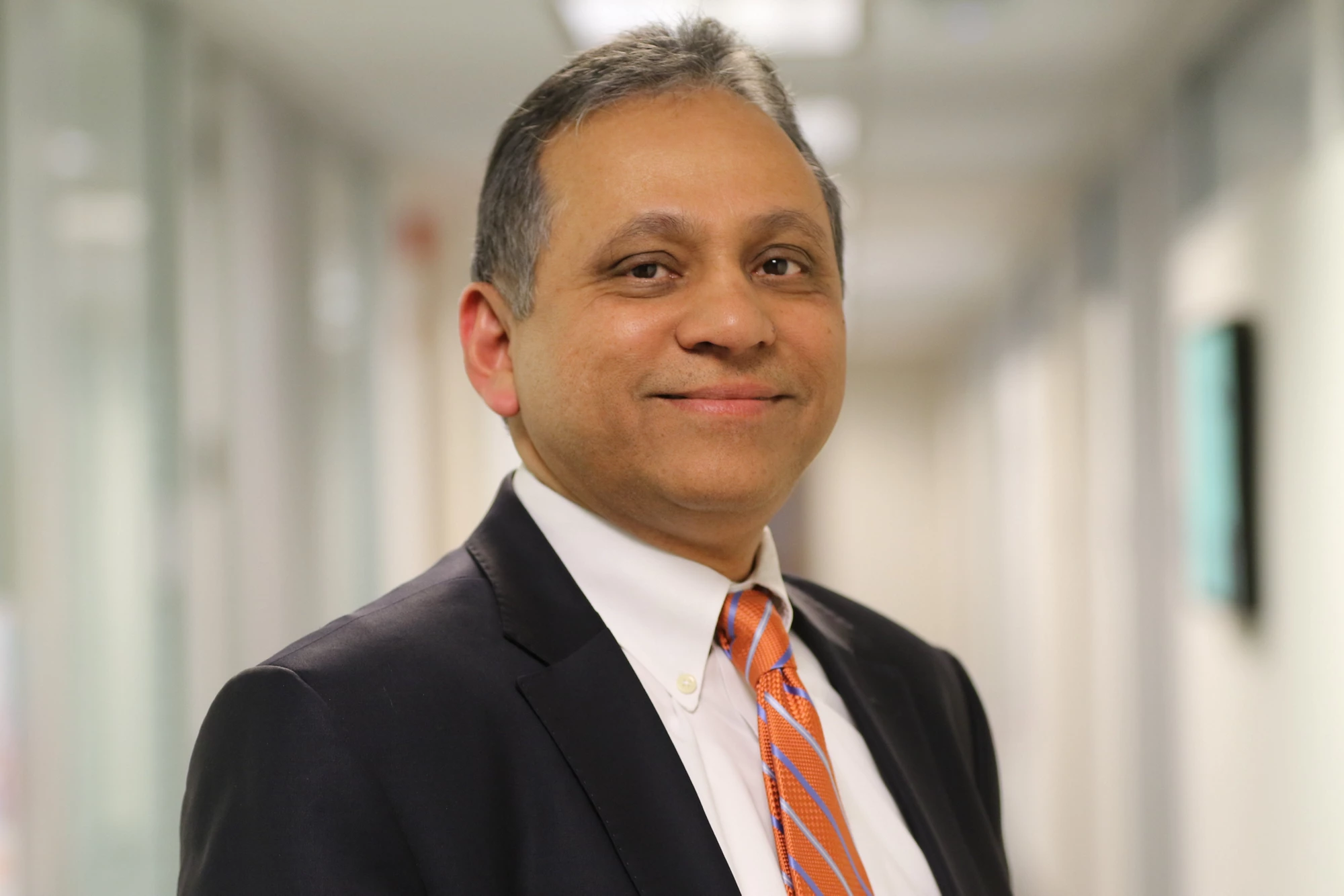On days like this, I look out of the window and realize a year has gone by. And yet there is this sense of running on the same spot: Yes, we have worked very hard; but has that made a dent on the world?
 |
| Photo: istockphoto.com |
For those working on migration issues, the answer isn’t very encouraging. The only good news is that remittances proved to be resilient during the crisis and are on a recovery path. But anti-immigration sentiment has deepened worldwide. In some cases, the sentiment is beginning to take a hurtful tone. What is lost in rhetoric and scapegoats is the fact the majority of migrants is neither criminal nor unwanted. That migrants are human beings and ought to be respected as such has taken a back seat in many countries with strong and democratic institutions.
On this day, the International Migrants Day, it is worth repeating the words of the UN Secretary-General: Together, let us reaffirm the fundamental principle of the Universal Declaration of Human Rights: “all human beings are born free and equal in dignity and rights”.
This is easier said than done, however. Unlike trade, the movement of people changes the character of nations in terms of culture, language, values and national identity. Migration can pose questions about national sovereignty. And so we withdraw into the safe space provided by national boundaries. And then we try to develop these geographically bounded identities rather than human beings.
How might the development model change if we shifted emphasis away from lands to people? I wonder. Should we separate the state from the nation at some point? I wonder.
While in this reflective mood, I came across the following lines from Pablo Neruda: “Why do I move without wanting to,/ why am I not able to sit still?/ Why do I go rolling without wheels,/ flying without wings or feathers,/ and why did I decide to migrate/ if my bones live in Chile?”
Happy Holidays!


Join the Conversation